11 Books That Are the Antidote to Toxic Girlboss Hustle Culture
These memoirs and nonfiction titles will inspire you to focus on your personal ambitions.
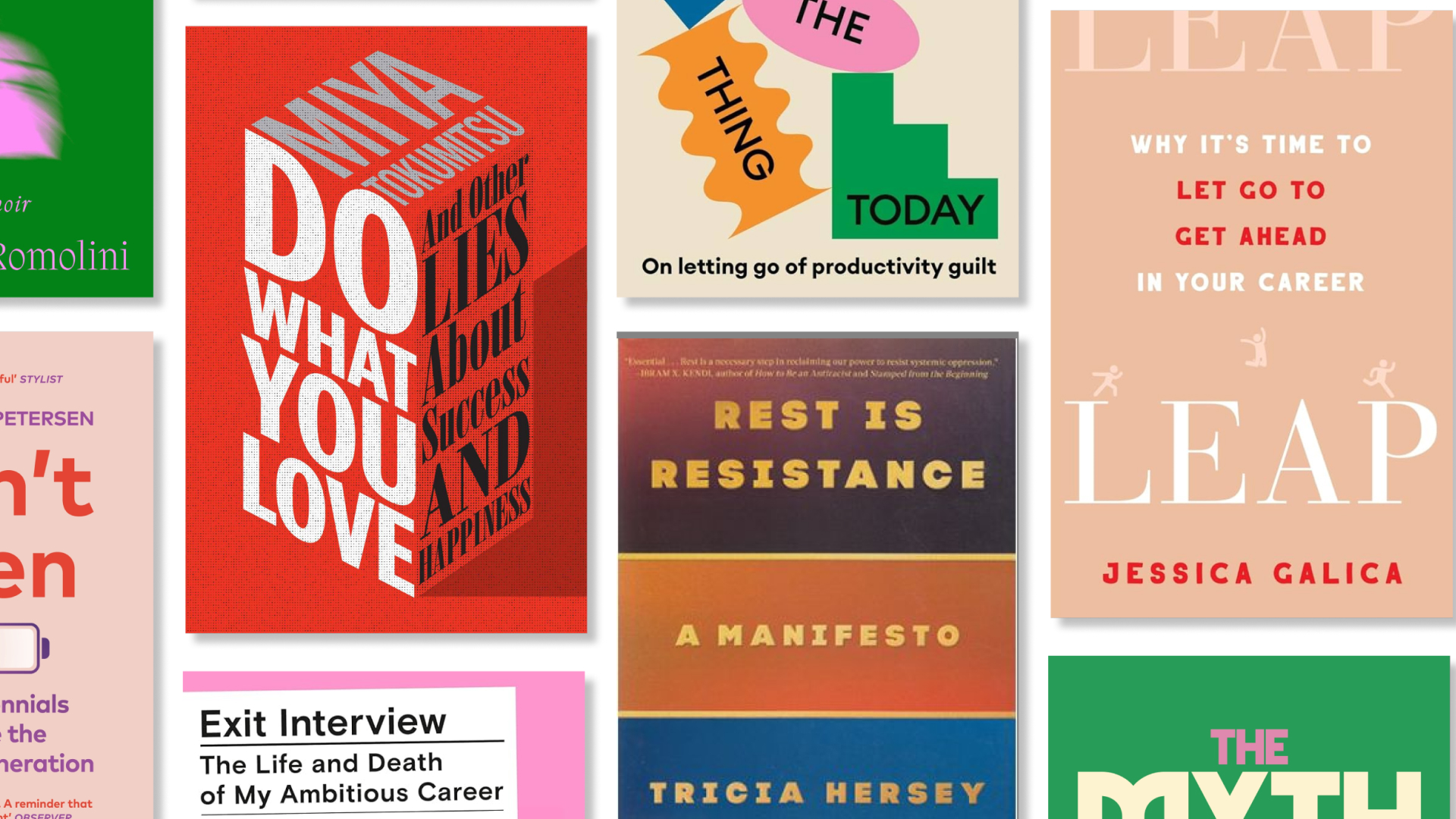

The 21st century introduced the rise of the girlboss: the (tastefully) badass woman who, in contrast to so many before her, can choose to prioritize her career over everything else, bursting through glass ceilings and clawing her way to executive roles, all without giving up her femininity. She’s a superwoman who “has it all,” juggling a high-powered career and a family, all while wearing a stylish power suit and painfully high heels. On paper, it may seem like a good idea, especially after women’s rights activists spent decades fighting for access first to the workplace and then, once they had a foot in the door, to the highest levels of the corporate structure. In reality, however, girlbossery leaves much to be desired.
Setting aside the inherent issue of its patronizing, infantilizing name, many are increasingly realizing that, rather than signifying a win for feminism, the idea of the girlboss only perpetuates the racist, classist, and, yes, sexist structures of late-stage capitalism. Now, it's just with a glittery, hot pink overlay to make it seem like something revolutionary and new. (It’s not.) The vast majority of those held up as the ultimate girlbosses throughout the 2000s and 2010s were overwhelmingly young, white, and cisgender, suggesting that there was only one way to be a high-achieving woman. Beyond that, girlboss toxicity is further entrenched in its celebration of an all-out sprint to the top of the corporate ladder—of “leaning in” to office policies that all but destroy the idea of work-life balance—which have proven to have major consequences on both physical and mental health.
Of course, the issue isn’t confined only to women: People of all genders, races, and ages are left overworked, exhausted, and unfulfilled by the demands of a society built around a form of capitalism that venerates the unsustainable ideal of relentless progress at all costs.
So, enter the rise of a new approach to work-life balance weighted distinctly more toward life than work and eschews hustle culture in favor of good mental and physical health habits. A decade after Sheryl Sandberg's Lean In took the world by storm, bestseller lists and round-ups of the best books of the year now contain much more nuanced takes on corporate culture. There's especially a focus on strategies for and stories of women in the workforce. Below, we're highlighting 12 must-read memoirs and nonfiction titles about ambition and in critique of hustle culture from women writers for anyone interested in breaking away from the girlboss facade once and for all.
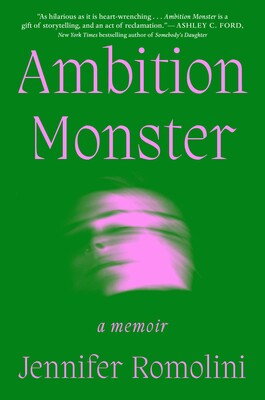
By the late 2010s, Romolini had achieved the girlboss ideal: After working her way up through a series of “shit” and “bullshit” jobs, as she describes them, she’d earned a high-profile C-suite job, published a well-received book, and was regularly invited to speak about her inspiring pursuit of the “American Dream.” At the same time, however, as she describes in the opening pages of this book, she began to experience a series of mysterious physical symptoms, which ultimately led her to confront the effects that her round-the-clock work schedule was having on every aspect of the rest of her life.
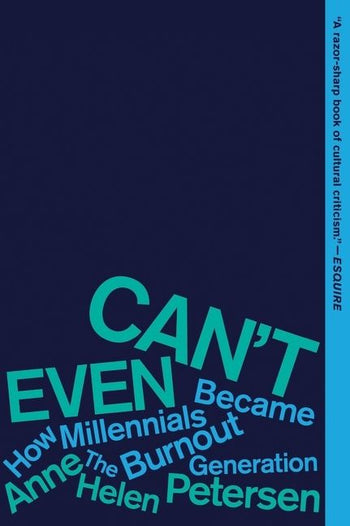
Millennials came of age alongside the rise of the girlboss, hustle culture, and personal branding, so it’s perhaps no surprise that they’re also, according to Petersen, the “burnout generation.” The writer and podcast host examines how rampant capitalism has made burnout a defining characteristic of an entire generation and how it impacts everything from workplace habits to parenting approaches and social behaviors.
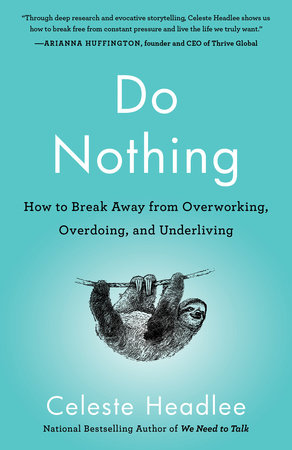
Headlee’s 2021 book is essentially a call to inaction. In it, the longtime public radio host utilizes science and history to explain why the relatively recent phenomena of relentless productivity and self-optimization often backfire by making us emotionally miserable and even physically ill.
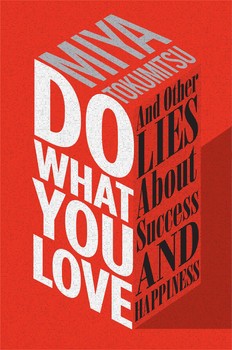
Though the concept of doing what you love may sound in theory like a feasible path toward fulfillment, Tokumitsu makes the case that's not necessarily true. According to her argument in Do What You Love, it instead brainwashes us into prioritizing work over all else and deriving self-worth from workplace output—all while blindly accepting less-than-ideal pay and working conditions.
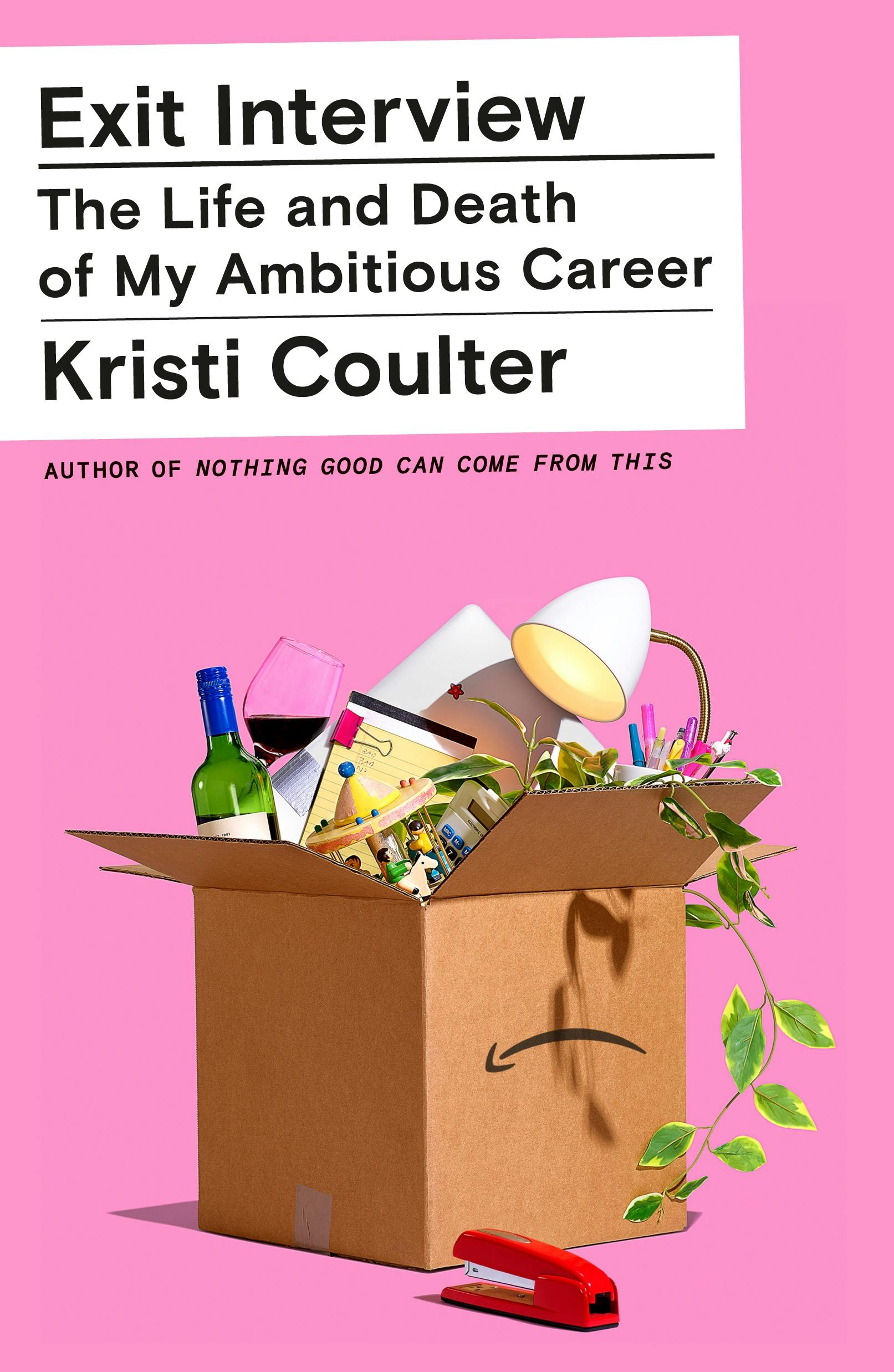
Coulter spent more than a decade in leadership roles at Amazon, and here, she describes how she found herself sacrificing practically her entire self for the sake of that high-profile tenure. Exit Interview. An up-close look at a woman who outwardly juggled work and life with ease, but inwardly felt removed from her values and true self, Exit Interview exposes the harsh realities of a modern corporate culture that claims to champion female ambition but too often fails to do so in any meaningful way.
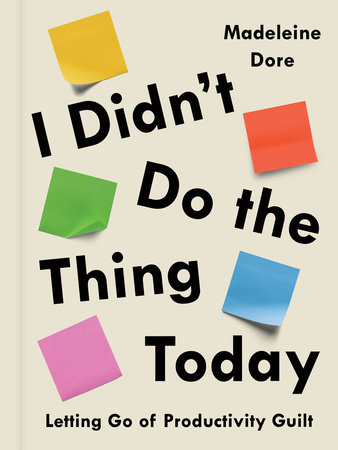
Even a quick scroll through LinkedIn can result in feelings of inadequacy, thanks to post after post describing colleagues’ accomplishments and career moves. But Dore’s book encourages readers to drop that “productivity guilt,” along with long-held ideas of just how much one hardworking person can achieve in a single day, to focus instead on the unpredictability and little joys of everyday life.
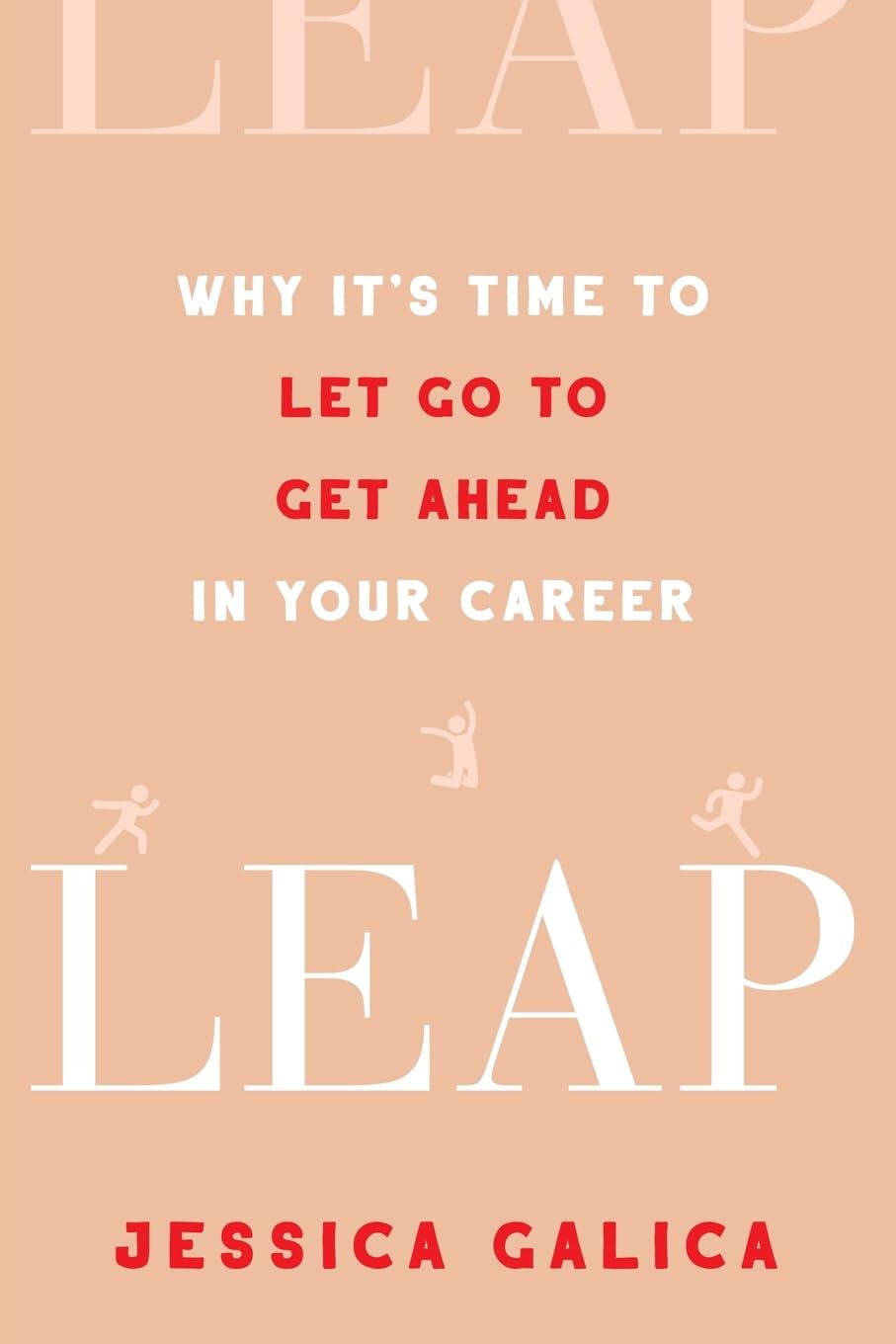
Leap takes on the trend—hugely exacerbated by the COVID-19 pandemic—of women leaving the corporate world in droves, as shifting workplace conditions inadvertently revealed the false promises of the girlboss ideal. In the 2023 book, Galica documents the trend and the reasons behind it, while also offering guidance to anyone who’s realized it’s time for a major pivot in their career path.
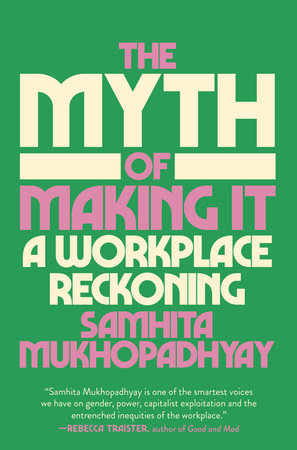
Another recovering girlboss, Mukhopadhyay, the former executive editor of Teen Vogue, opened her eyes to the damaging effects of hustle culture and never looked back. In this 2024 book, she not only charts the history of workplace feminism, but also proposes a vision of a new, liberated corporate culture that would value workers as humans, rather than merely as productivity machines.
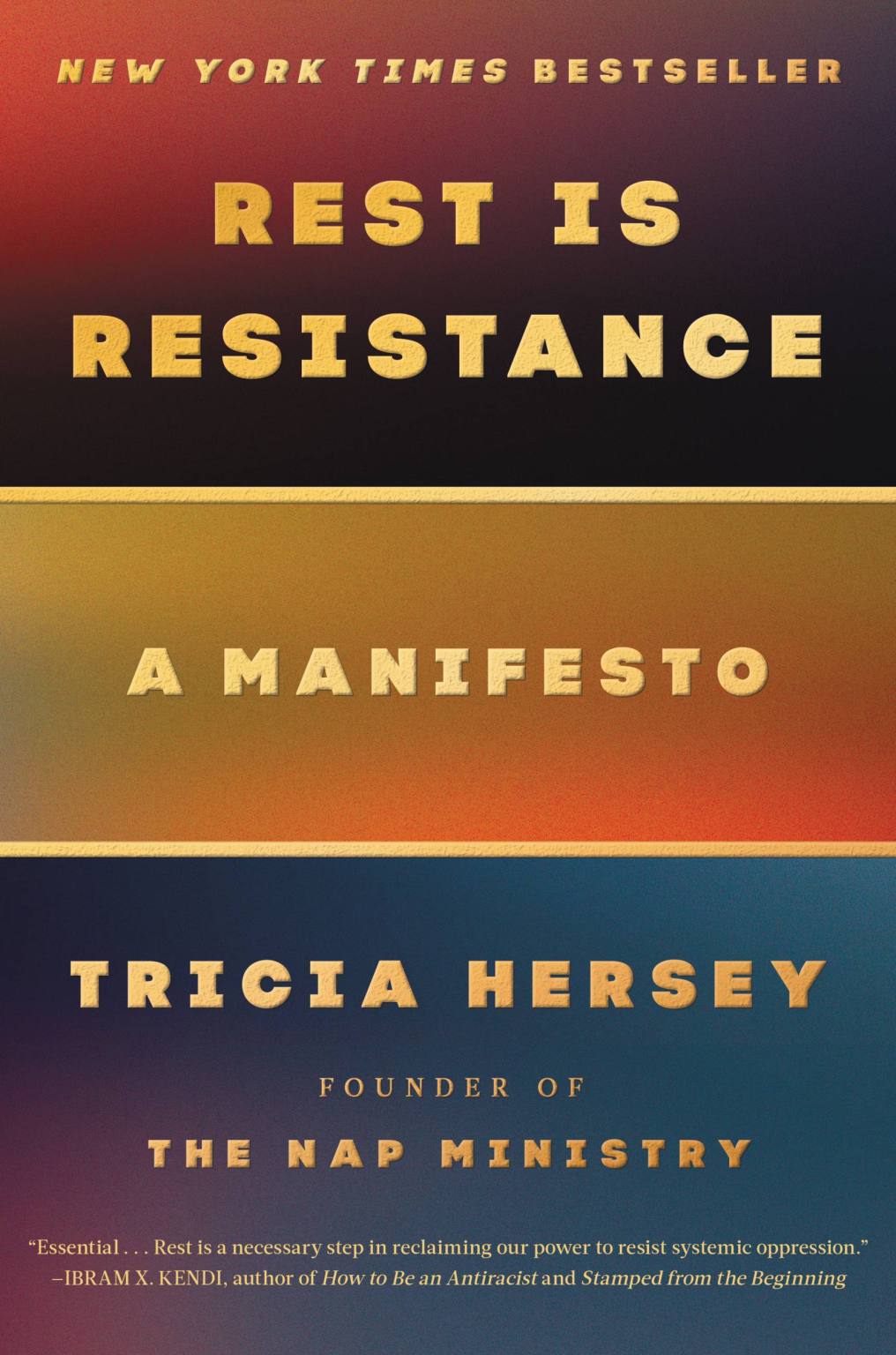
If so-called girlboss feminism serves only to perpetuate the ideals of a capitalist society rooted in patriarchy and white supremacy, it follows that rejecting hustle culture is a revolutionary act. That’s the idea at the core of Hersey’s 2022 manifesto, in which the “Nap Bishop” preaches the good word of rest as resistance, of regular breaks as a path toward liberation from a dangerous system that all too often confuses productivity with true self-worth.
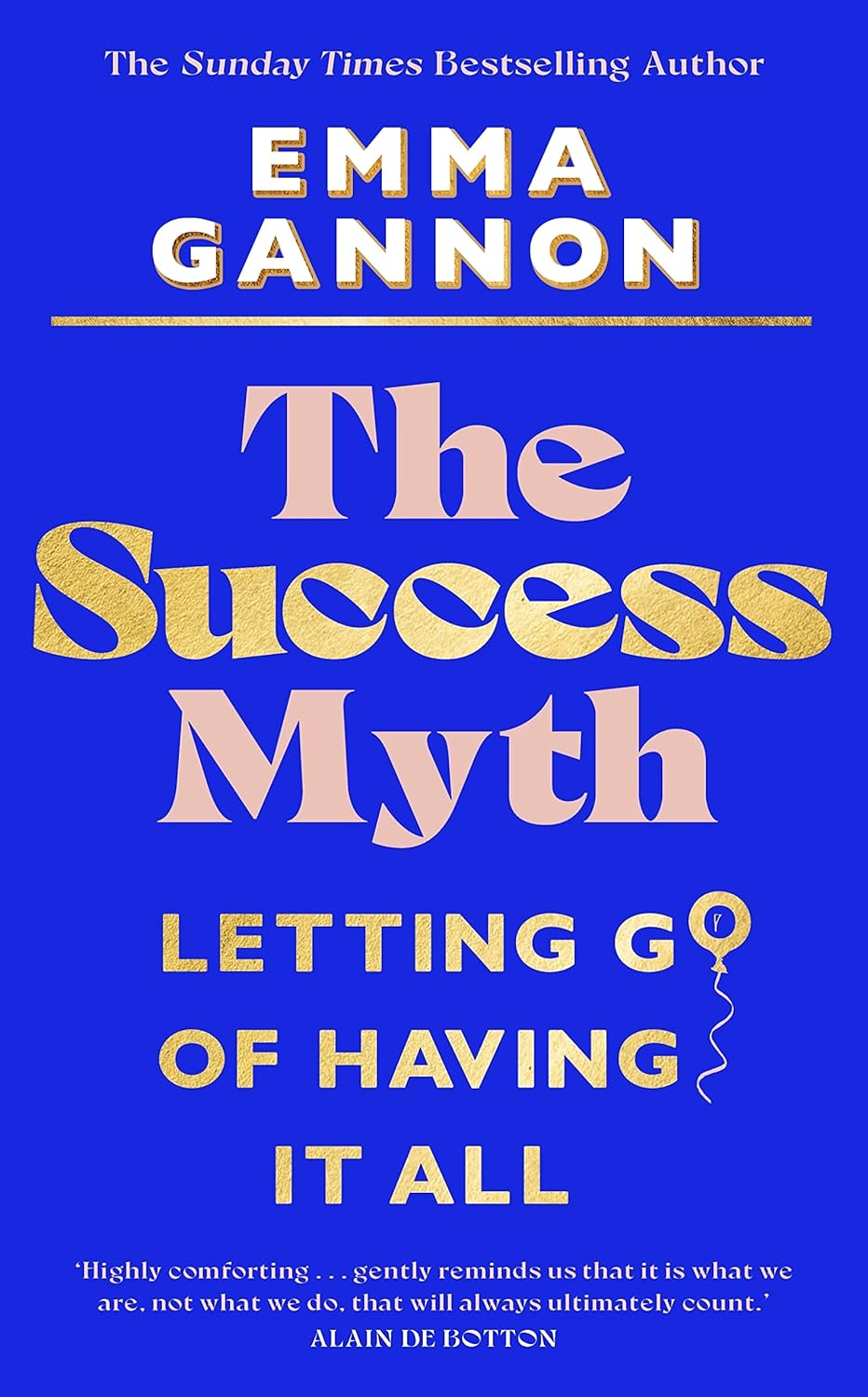
Yet another story of breaking free of hustle culture, Gannon’s book recounts how, at the seeming peak of her high-powered career, she found herself feeling lonely, unhappy, and unfulfilled. That led her to break away from the idea of “having it all,” reject traditional ideas of success, and learn to set more manageable—but still ambitious—goals. She shares all of this and more in The Success Myth, which amounts to something of a how-to guide for other recovering girlbosses.
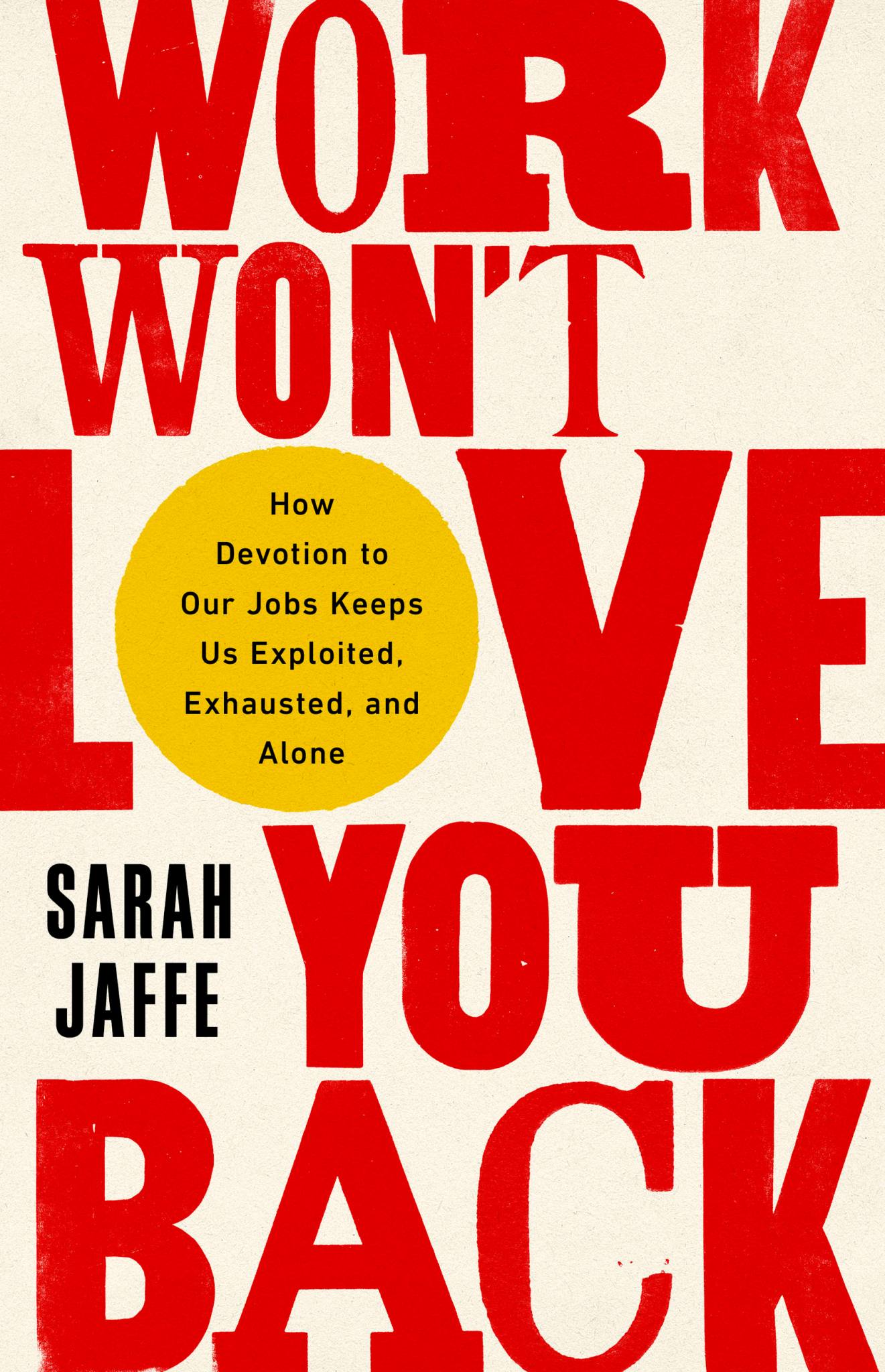
In the same vein as Tokumitsu’s entry in the genre, Jaffe’s 2021 book shares the stories of people working in a broad range of industries to further expose how encouragement to “do what you love” ultimately only results in exploitation and exhaustion, rather than any real personal fulfillment. Once we accept this truth, she writes, we can begin to reject it: working less, being compensated fairly, and recentering our lives around the things that bring us true joy.
Get exclusive access to fashion and beauty trends, hot-off-the-press celebrity news, and more.
Andrea Park is a freelance writer for Marie Claire, where she writes mainly about pop culture, drawing on her lifelong obsessions with consuming every book, movie, and TV show she can get her hands on. Andrea is based in Chicago and graduated from Northwestern University's Medill School of Journalism and Columbia University's Graduate School of Journalism. Her byline has also appeared in W, Glamour, Teen Vogue, PEOPLE, and more.
